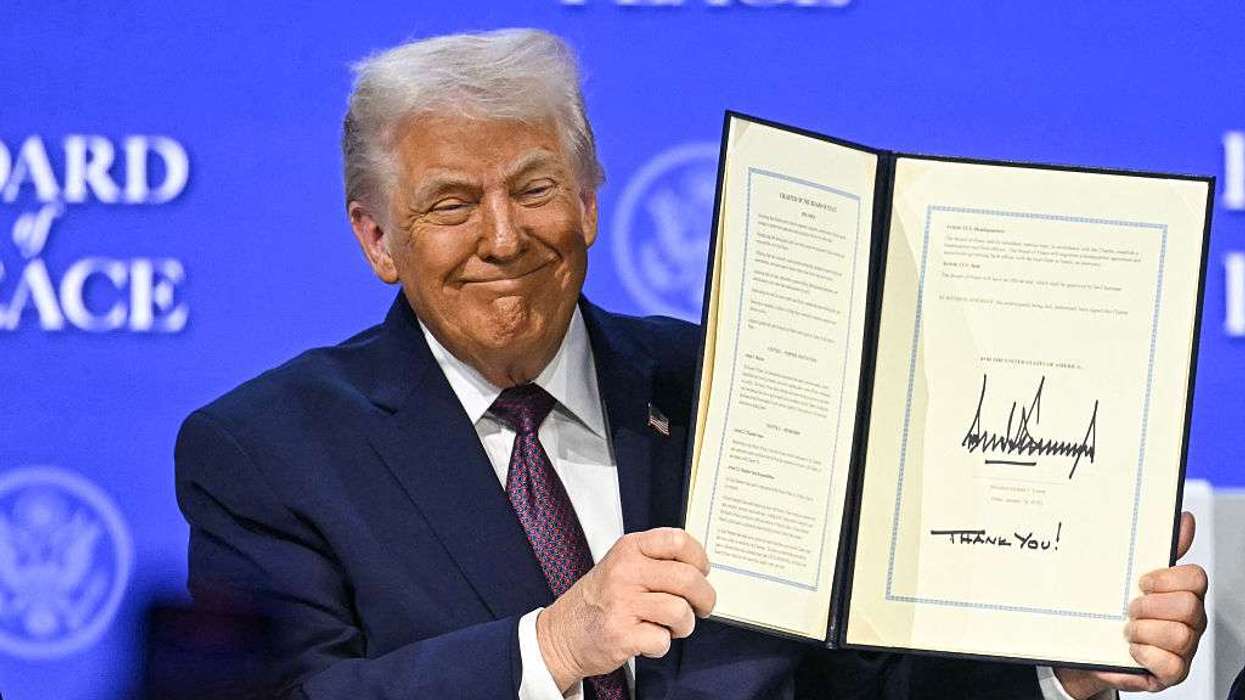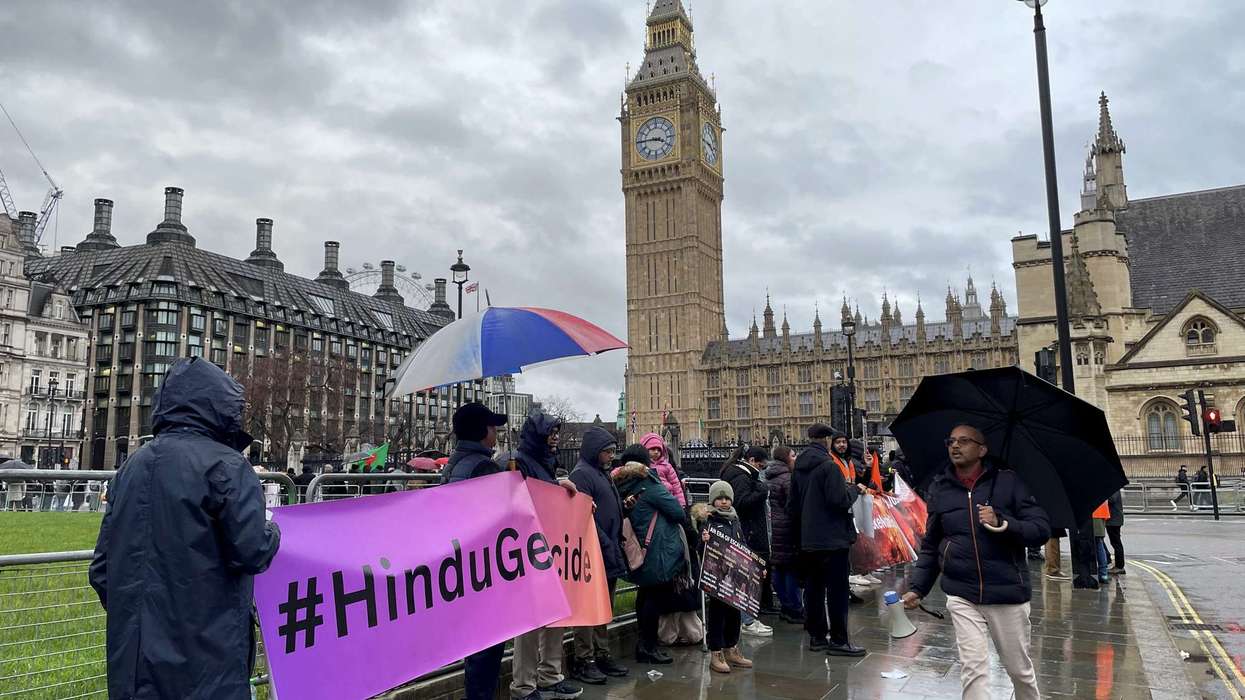Highlights:
- Government appeals against injunction blocking asylum housing at Bell Hotel in Epping
- More than 32,000 asylum seekers currently housed in UK hotels
- Labour pledges to end hotel use for asylum seekers before 2029 election
THE UK government on Thursday asked the Court of Appeal to lift a ban on housing asylum seekers at a hotel that has faced protests, warning the order could set "a precedent".
The Home Office is seeking to overturn a high court injunction issued earlier this month that requires authorities to remove migrants from the Bell Hotel in Epping, northeast London, by September 12.
The decision was a setback for prime minister Keir Starmer's Labour government, which is already accommodating 32,345 asylum seekers in hotels across the UK as of the end of March.
Reform outlines plan to deport 600,000 asylum seekers in first term
Protests began in July outside the Bell Hotel after an asylum seeker staying there was accused of sexually assaulting a 14-year-old girl. Ethiopian national Hadush Gerberslasie Kebatu has denied charges of sexual assault, attempted sexual assault, and harassment without violence.
Some of the protests turned violent and spread to other parts of the country. Epping Forest district council then took legal action against the ministry, arguing that the hotel had become a public safety risk and breached planning rules.
Other councils have suggested they may take similar steps, creating difficulties for the government, which is legally obliged under a 1999 law to house "all destitute asylum seekers whilst their asylum claims are being decided".
The Bell Hotel’s owner, Somani Hotels, and the Home Office argued that the site had previously housed asylum seekers between 2020-2021 and 2022-2024, and said the Epping protests were not linked to planning concerns.
Government official Becca Jones told the court that losing 152 spaces at the Bell Hotel would be "significant" for the limited accommodation pool.
"Granting the interim injunction ... risks setting a precedent which would have a serious impact on the secretary of state's ability to house vulnerable people," Jones said.
She added that the order could also encourage local councils looking to block asylum housing and "those who seek to target asylum accommodation in acts of public disorder."
Three senior Appeal Court judges said they would deliver their ruling at 2pm on Friday.
Nigel Farage, leader of Reform UK, said councils run by his party would also pursue legal action against asylum housing.
Since Keir Starmer took office in July 2024, more than 50,000 migrants have crossed from northern France to the UK in small boats, adding pressure on the government and fuelling criticism from far-right politicians.
Labour has pledged to end the use of hotels for asylum seekers before the next election, expected in 2029, to cut government spending.
(With inputs from agencies)





